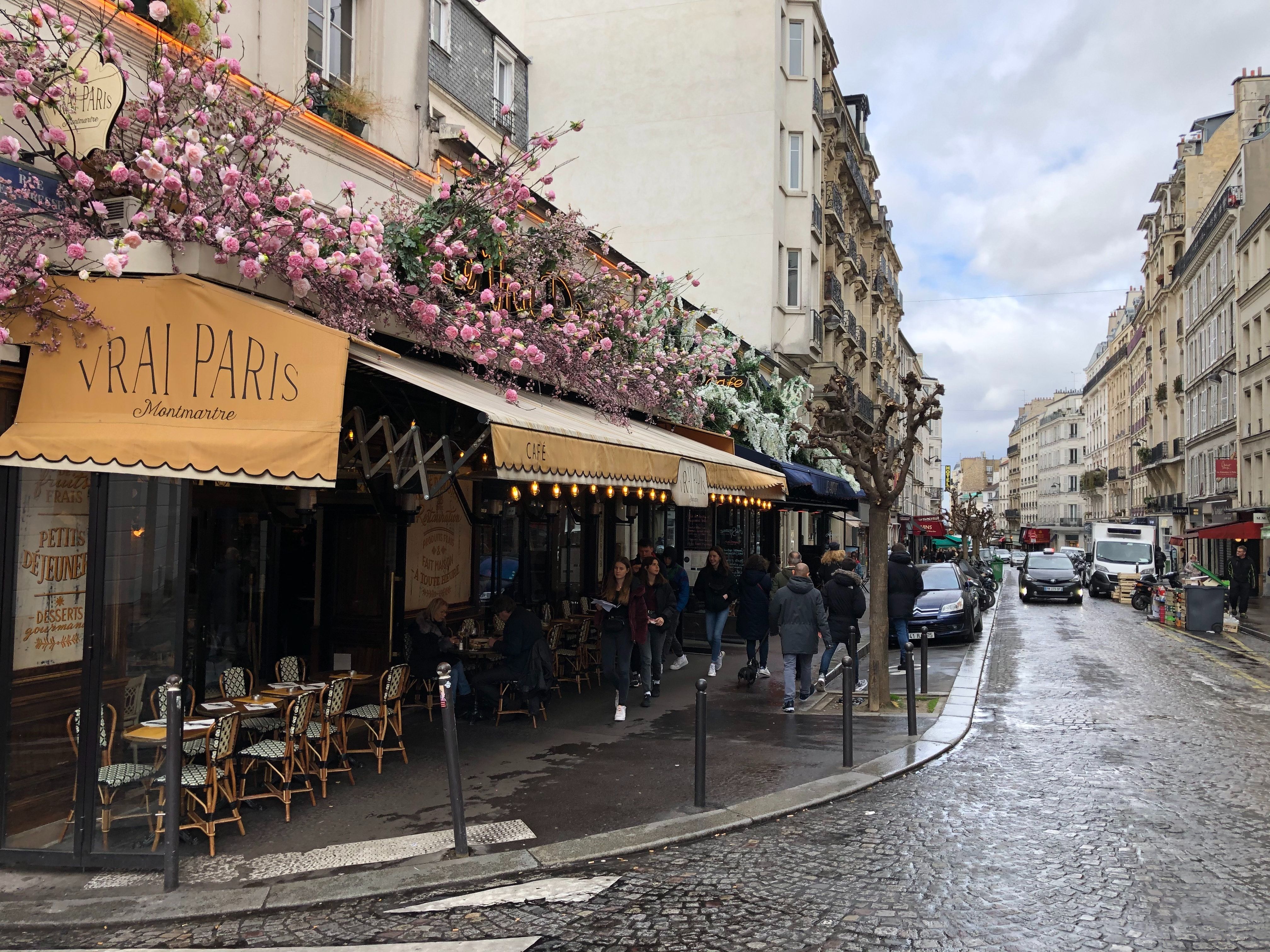In collaboration with UNICEF's Office of Innovation, we're kicking off Alpha Round Season, and today we're thrilled to introduce you to the 10 participating grantees!
Meet the grantees and find out how you can support their work:
gm lens frens 🌿
we are excited to announce bloomer role on our Discord. collect our genesis post as an NFT and help us spread the word about our community to get bloomer role. you'll get a chance to test out new exciting features before the release.
The French have a deep affection for their language and harbor a constant vigilance towards its 'purity', especially from the encroaching influence of their English-speaking neighbors. This fondness for their language often motivates authors and intellectuals in France to push back against the creeping influx of English borrowings. A similar phenomenon is observed in Iran, where terms like "address" have replaced "neshani", "asphalt" has substituted "ghirtecht", "page" is now used instead of "safhe/barg", "start" has taken over "aghaz/shoru", and "stress" is preferred over "tanidegi/fashar rawani". Such linguistic shifts also resonate in Arabic-speaking countries, like the UAE.
In an interesting development, the French dictionary recently introduced new vocabulary of Arabic, not English, origin. This addition has been largely spurred by the growing population of Arab immigrants in recent years. Terms such as Jihad, Intifada, Tagine (presumably a Moroccan dish), Fedayeen, Tabouleh, Resistance, Daesh, Keif (in the sense of pleasure, not inquiry), Kohl, Raïs, Hashish, and Nik (a colloquial term for sex) have found their way into French vernacular.
What's intriguing about this collection of words is their thematic concentration around topics of war, conflict, food, sex, and taboos. There is no knowledge, culture, or literature…


